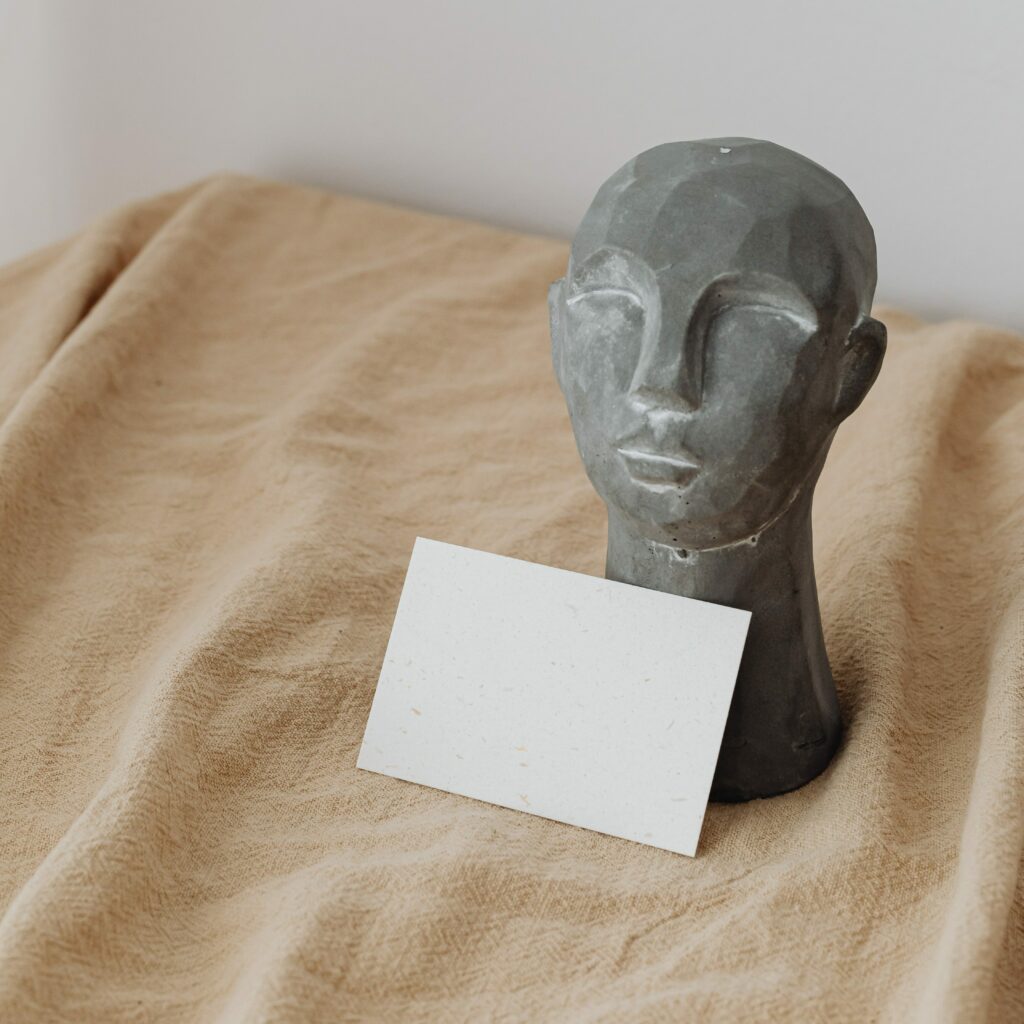What is copyright?
The law (Copyright and Related Rights Act) defines copyrights to include all works of literature, art and science. These works should be the result of creative activity and expressed in any way and in any objective form.
What types of copyright are there?
The law lists the most popular forms that are objects of copyright, but this list is not exhaustive.
Mainly, these can be works from the field of:
- music;
- literature;
- performing arts;
- film industry;
- fine and applied arts;
- architecture;
- photography;
- graphic art, etc.
However, they can also include:
- translations and adaptations;
- periodicals and encyclopaedias;
- collections, anthologies, bibliographies and databases;
- portraits;
- computer programs and databases created under an employment relationship.
In addition to copyright, the law regulates another category of rights called related rights.
They provide protection to performing artists, producers of phonograms, films and audiovisual works and broadcasting organisations in relation to the use of their recorded performances, recordings and programmes, including through their broadcasting and dissemination.
Who is considered as an author?
An author is the natural person whose creative activity resulted in the creation of a particular work subject to copyright. Other natural or legal persons may be copyright holders only in the cases provided by law.
It is important to be noted that according to the current law, the author is the person whose name or other sign is indicated on the work (original, copies, copies, packaging) until proven otherwise.
Copyright of anonymous or pseudonymous works is exercised by the natural/legal person who first disclosed the work (with the consent of the author).
For how long are copyrights protected?
Copyright has a term of protection that covers the life of the author + 70 years after his death.
The term shall run from 1st January of the year following the year in which the death of the author occurred or the protected work was created, respectively disseminated or published. After the death of the author, until the expiry of the term of copyright protection, moral rights (e.g. to decide whether the work may be disclosed or to stop the use of the work) are exercised by the author’s heirs.
The period after the author’s death may differ depending on the nature of the work.

What rights does the author have?
The author has two types of rights – economic and moral.
As part of the economic rights, the author has the exclusive right to reproduce, publish, perform, communicate to the public, make adaptations of the work, among other rights, as the case may be.
He is also entitled to receive royalties for the use of his work by third parties.
Moral rights include the author’s right to claim attribution, to modify and request access to his work, to decide whether his work should be published under a pseudonym or anonymously, and others.
How can copyright be infringed?
Copyright infringement can take various forms.
By law, infringement will occur if an individual or entity performs acts that interfere with copyrighted material, submits the work for sale or rental, allows the work to be performed in a public place, etc.
Copyright infringements are most often related to unauthorised (i.e. not permitted by the author or copyright holder) use of the works by third parties. The author may grant royalty-free use of their work, but usually an author would prefer to receive royalties, set up in a license agreement.
If you have any suspicions of copyright infringement – do not hesitate to contact us here.
Does copyright have to be registered?
Copyright protection starts automatically from the moment of creation of the work and its embodiment in a material form and does not require any subsequent formalities regarding its registration. Bulgarian copyright law provides for a presumption of authorship and ownership of related rights, according to which as long as the person is identified as the author or holder of related rights in the manner generally accepted by law, the burden of proof to rebut the presumption of authorship or the presumption of ownership of related rights is upon the party challenging them.
In this context, for example, any voluntary delivery of the work to a notary may serve as important evidence in the course of a legal dispute concerning the date of creation of the work.
What else can we do for you?
Most copyright infringement disputes concern rights related the use and commercial exploitation of a work, where the copyright owner takes action against a third party claiming to exercise rights in the copyrighted subject matter.
The identification of a particular person as the author and copyright owner of an intellectual property right is often a difficult task that requires ingenuity and resourcefulness. Provided that the author cannot unequivocally prove his authorship of a work, he cannot successfully prove its unauthorised use.
We offer the following services relating to the protection of infringed copyrights:
- Drafting and review of licensing agreements
- Assistance in alternative dispute resolution concerning copyright infringement
